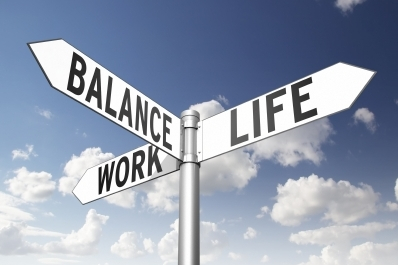AGE co-signed the open letter
sent by several European umbrella organisations to the EU employment
and social affairs ministers prior to their meeting for the EPSCO
Council on 21 June. In the letter, AGE and other networks representing
families, women, persons with disabilities, carers, children and others urge
ministers to adopt a general approach towards the proposal for a
directive on work-life balance for parents and carers this week.
Addressing a manifold ageing challenge
The Commission proposal, if adopted, contains important achievements for the growing number of older people. Many older people, most of them women, are reducing their working time or leaving employment altogether to take care of their family members in need for care and support. 80% of care work is indeed provided by informal carers in Europe - two thirds of whom are women. And this already very high percentage is expected to increase with the ageing of the population and the significant budget cuts affecting healthcare systems in many EU countries.
Not only does this reality reduce especially women’s pensions and exacerbates their risk of poverty and social exclusion, health and isolation, but this is also a severe strain for the European economy, with employers losing the experience and workforce of these carers. In a context where the European workforce is shrinking due to demographic shifts, this constitutes a high cost for societies.
AGE supports concrete proposals in favour of informal care and gender balance
AGE fully supports the idea in the Commission proposal to introduce five days of remunerated carers’ leave per worker and per year. With this proposal, carers are recognised for the first time at European level for the economic and social contributions they bring to our societies and economies. With these five days, family members can arrange person-centred, formal care arrangements if these are made available by member states. AGE also supports the introduction of the right to request flexible working arrangements, that can help carers, often older workers, reconcile their duties with employment in the longer term.
AGE also supports the provisions aiming for a more equal distribution of childcare between parents.
The gender differences that are created by women interrupting their
careers for a much longer time than men, and working part-time more
often than men, have lifetime consequences. Currently, the gender
pension gap is of almost 40% and the European Council have rightly
identified this as a problem to tackle in the 2018 Pension Adequacy
Report and prior Council conclusions on the gender pension gap. The
proposals of the Commission, if adopted, can help to close this gap.
AGE therefore joins the call to the EPSCO Council of civil
society organisations, Trade Unions, MEPs and members of the European
Economic and Social Committee to swiftly adopt a general approach to the
directive.
Update: Council decision
During its meeting on 21st June, the Council agreed a general approach on Work-life balance. Carers will have right to a care leave and to request flexible working arrangements. However, no minimum payment for leave has been agreed. Although the obligations upon EU Member States are very limited (read this article by Families Europe), this is a first step toward a better recognition of carers. Read more in our article on the Council meeting.
For any questions or requests, please contact Philippe Seidel, [email protected]

